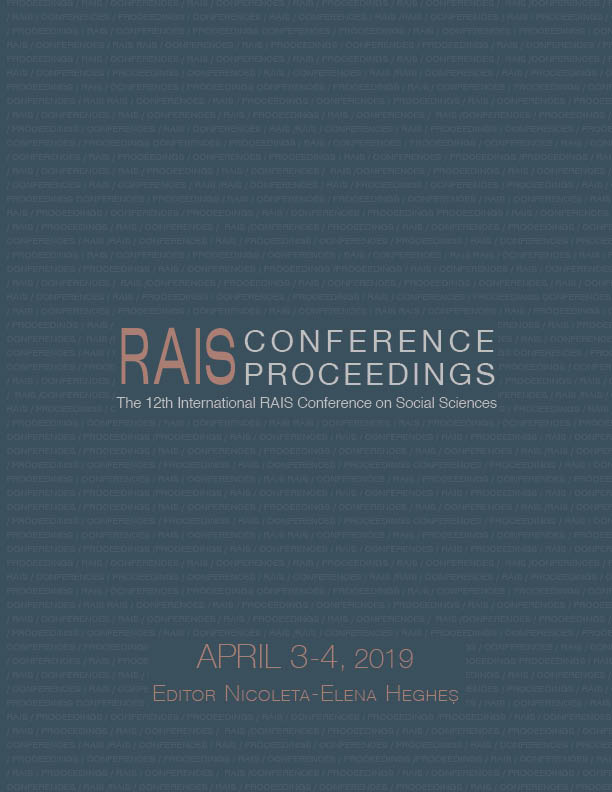Global Corporate Tax Rate Competition
Who Pays the Bill?
Global Corporate Tax Rate Competition
Who Pays the Bill?
Author(s): Gilda Almeida
Subject(s): Supranational / Global Economy, Constitutional Law
Published by: Scientia Moralitas Research Institute
Keywords: federal; OECD; tax arbitration; welfare program; tax revenue; corporate tax;
Summary/Abstract: Countries heavily rely on tax revenue for their welfare programs, which aim to reduce inequalities. Taxes are countries’ main sources of revenue and provide funding for governmental expenditures. A country’s spending is usually divided into categories: mandatory, discretionary, and interest on debt expenditures. These include assistance programs, such as the United States’ Medicaid program, the Supplemental Nutrition Program (so-called foods stamps), and the Temporary Assistance for Needy Families program. The United States lowered its U.S. corporate income tax rate from 35% to 21% in 2018, after the enactment of the United States Tax Cuts and Jobs Act. Similarly, members of the Organization for Economic and Co-operation and Development (OECD) lowered their corporate statutory tax from their 2000 average rate of 28.6% to 21.4% in 2018. In the international context, state-to-state tax arbitration is implemented by OECD members to provide multinationals with double tax relief. In contrast, individuals do not benefit from a similar tax reduction. The United States’ highest marginal income tax rate was reduced from 39.60% to 37% in 2018, whereas 0.5% was the average reduction implemented for individuals by OECD members from 2000 to 2017. This paper analyzes whether states expect private corporations to undertake more social responsibility when considering tax benefits. States’ examination of corporates’ social responsibility includes whether private social accountabilities align with corporations’ profit-oriented natures as well as state interest in public welfare. Furthermore, this paper examines states’ alternative sources of revenues that could balance out the effects of the reduction of corporations’ tax rates and other granted benefits, including tax arbitration for multinationals’ double tax relief.
Book: Proceedings of the 12th International RAIS Conference on Social Sciences and Humanities
- Page Range: 52-55
- Page Count: 4
- Publication Year: 2019
- Language: English
- Content File-PDF

